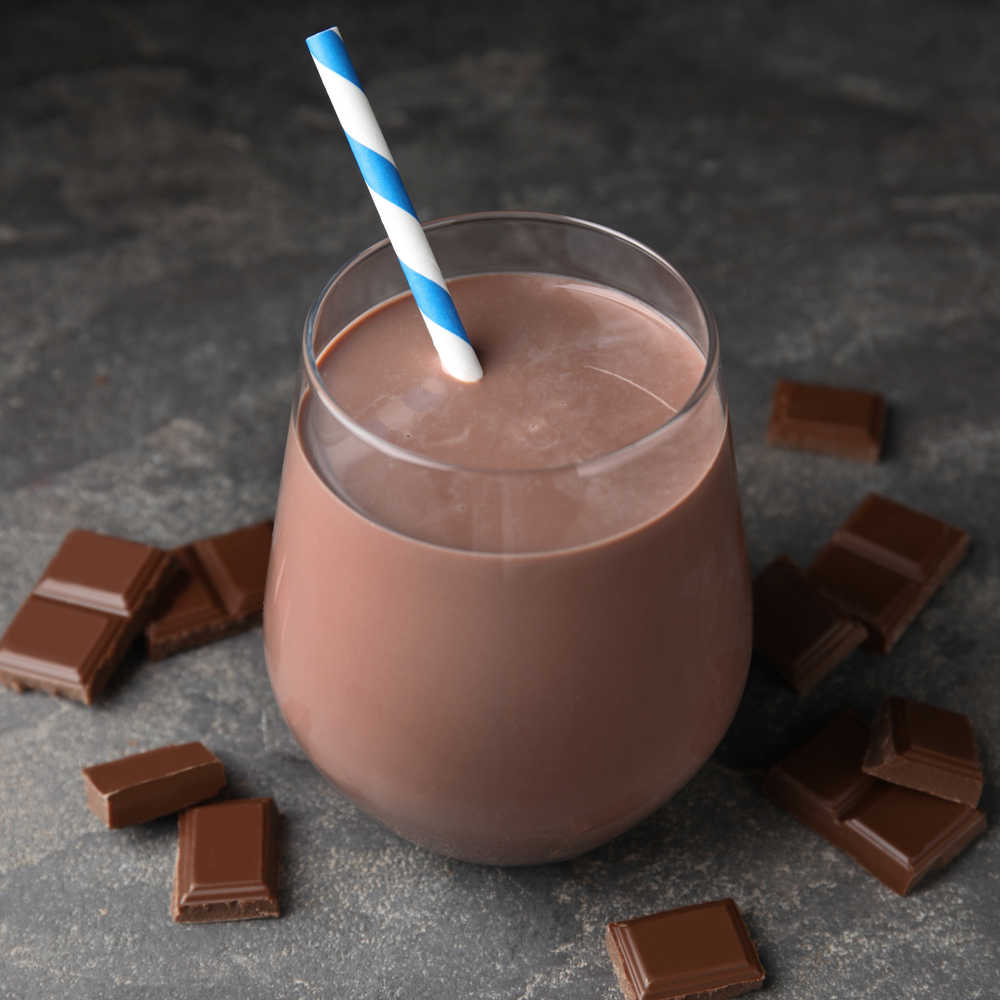Dr. David Arthur, a Doctor of Chiropractic and Certified Chiropractic Sports Physician, explains exactly what and when your athlete needs to eat after practice.
After a hard practice, your student athlete is probably feeling exhausted and hungry—and it may be best if they don’t wait until the next meal before refueling!

This can be tricky for parents of young athletes, since often, you’re picking your student up from practice and heading home to dinner in a couple of hours.
“I remember being at the end of those practices, I could eat a horse because I was so hungry, but I didn’t really think about eating a whole lot during the practice,” Dr. Arthur recalls.
It’s tempting to just wait until dinner, but he adds that eating within 30 minutes is ideal for young athletes because that’s when they are “most like sponges,” so they’re really going to soak up all the nutrients. Remember, it can be a smaller snack and your athlete shouldn’t be skipping dinner as a result of the post-workout meal.
FOCUS ON PROTEIN AND CARBOHYDRATES
“The primary goal of post-workout fueling is to get those amino acids back into your muscles to restore glycogen levels in muscles, which means eating protein and carbohydrates,” Dr. Arthur explains.
The ratio of protein to carbohydrates depends on what type of sport your athlete is in – endurance or power. If your child is doing more running and aerobic exercise, opt for a four-to-one ratio of carbohydrate to protein. An example of this is roughly 40-45 grams of carbohydrates to 10 grams of protein, so a piece of fruit, two servings of crackers, and two light string cheeses.
But if your athlete is in a more explosive sport that has sprinting or lifting, aim for a three-to-one ratio. An example of this is about 30 grams of carbohydrates to 10 grams of protein, or two servings of crackers and two light string cheeses.
KEEP EASY OPTIONS ON HAND
Have a water bottle ready and waiting post-practice (or make sure your athlete has one in their gym bag). Bear in mind, your child doesn’t need a protein shake packed with supplements, and in fact, supplements for young athletes, even for pre-workout fueling.
Dr. Arthur is an advocate for whole food snacks whenever possible. Here are a few of his easy favorites:
- 16 ounces of chocolate milk and a medium banana
- Half of a turkey sandwich with a handful of pretzels
- Muffin – any kind, with 16 ounces of low-fat milk
- 1-2 granola bars with either a sports drink or watered-down juice
- Cooked oatmeal with low-fat milk, raisins, chopped nuts, and maple syrup
He adds that most of these options are easily available, even from convenience stores or gas stations, which means there’s no reason your athlete can’t be properly fueled post-practice.
MIX UP CARBOHYDRATE SOURCES
Dr. Arthur remembers seeing a father give his daughter a half-gallon of orange juice post-practice and shudders at the thought. “We have multiple sugar receptors, so just eating fruit as your carbohydrate post-workout is not ideal,” he explains. “That’s because fruit is a quick digesting carbohydrate, but you need some slow absorbing carbohydrates as well. Additionally, having too much fruit can really upset an athlete’s stomach. Aim for combinations, like a grain with a fruit, for example.”
DON’T SKIP DINNER
Dr. Arthur notes that for four hours after practice, your young athlete should be refueling slowly and steadily, meaning that post-workout snack is only the beginning. “They really need to be eating about 1 to 1.2 grams per kilogram per hour of carbohydrate to refuel after a hard practice,” he explains. “That can be the after-practice snack and then dinner and then even a bedtime snack.”
For instance, your athlete could have chocolate milk post-practice for carbohydrates and protein, followed by a dinner of chicken, brown rice, and sautéed vegetables. They can finish off the night with a small bowl of oatmeal with dried fruit and peanut butter for a combination of carbohydrate sources, proteins, and a small amount of healthy fats.
Your athletes know what foods and meals make them feel good as they recover from practice or competition, so encourage them to remain accountable for their sports nutrition.
Dr. Arthur concludes, “Remember, if you don’t eat before exercise, then you’re performing at a lower level and you’re burning even less energy. And then, if you skip that and your post-workout fueling, you often wind up over-eating later, as well as feeling extra fatigued and more susceptible to injuries and illness.”





